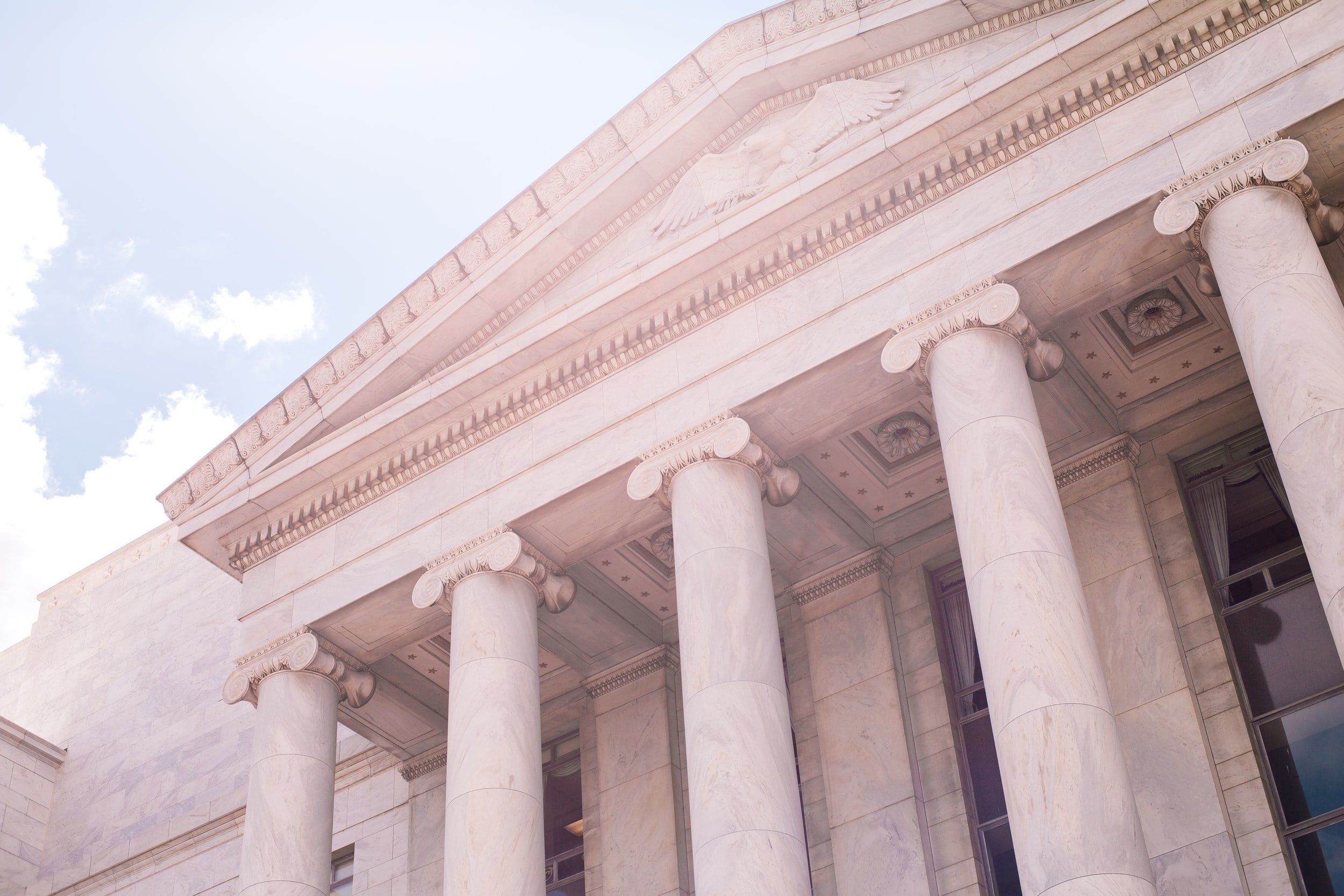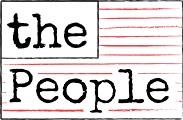
Civics U
A blog by Lynn Huenemann, a volunteer with The People
Lynn Huenemann has a passion for improving civic education in our country. His background includes having been a teacher and administrator at elementary, secondary, college and graduate levels with special work in multicultural and community-based education and curriculum design. His personal interests include world music, Reformed theology, and, of course, politics. Through this recurring column, he hopes to stimulate reflection and support civic education.
If you have specific topics that you would like to see addressed in this recurring column,
please email info@ThePeople.org with your suggestions.

Civics U: Civic And Economic Education
The principles of free markets, entrepreneurship, individual liberties, limited government, and personal and collective responsibility are core components of our American system of life and government; and economics and our economic system are an integral part of our social system. And government, by way of taxes, regulation of business and trade, and expenditures and investments, nationally and internationally, is greatly involved in and affected by economic activities.

Civics U: Separation of WHAT Powers
The separate branches of the federal government were then established both as a way of having an effective government (one that can get things done) and as a way of controlling and limiting government (having checks and balances).

Civics U: What Should A Citizen Know?
And what content should be included in civics education curriculum? What is essential for a citizen to know? Various civics education curriculum materials and standards are used in schools. But another interesting resource that can be used as a guide is the U.S. naturalization test for new citizens.

Civics U: The ‘Negative’ Function Of Government
No, this does not refer to negative or ‘bad’ things that government does, even though people often have negative and critical thoughts about the government and politics.

Civics U: Creator-Given Freedom
Our beliefs and our assumptions and presuppositions determine our way of reasoning and our conclusions and positions. And our reasoning will be more clear if we can identify underlying beliefs and ideas that we take for granted.

Civics U: Civic Education
And the purpose of such civic education is to teach students about their civic duties – to be, and how to be, informed and engaged citizens. It is to equip citizens to be knowledgeable, to have informed opinions, to participate, and to vote.

Civics U: Equal Rights
Surely, for many purposes, the deepest root and expression of our country’s ideals and principles are these, as framed in the Declaration of Independence: We hold these Truths to be self-evident, that all men are created equal, that they are endowed by their Creator with certain unalienable Rights, that among these are Life, Liberty, and the Pursuit of Happiness.

Civics U: Civic Education for All
The purpose of civic education is to provide civic knowledge and skills that empower and enable citizens to engage in democratic processes in their communities and country. This includes knowledge of and commitment to one’s own and others’ rights and responsibilities. Further, the function of providing civic education to each individual is to preserve and sustain the principles and practices of American democracy for all.
